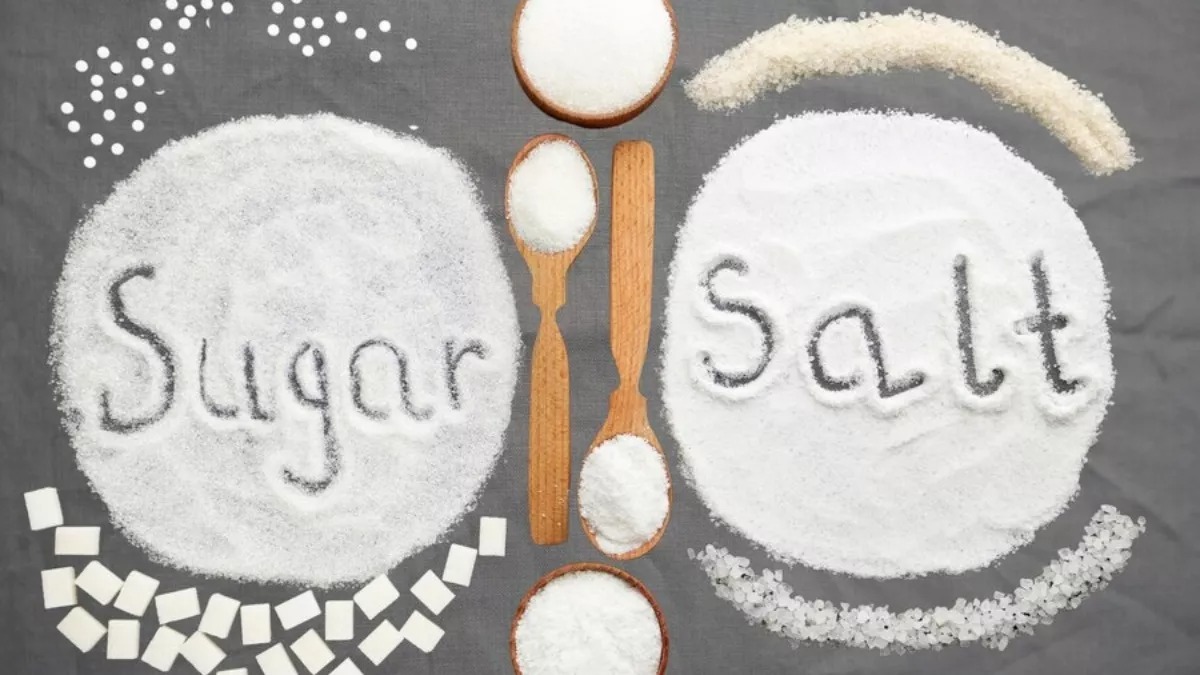
The World Health Organization (WHO) keeps issuing many important guidelines related to health every day. It not only provides us with information about diseases, but also dietary guidelines related to our lifestyle and food from time to time. With the help of these guidelines, people get information about healthy, unhealthy and the right amount of food, which can be followed to stay healthy for a long time.
In such a situation, today in this diet we will tell you about 5 such foods, which WHO considers harmful for health and advises to eat them in minimum quantity. Let's know which are these food items-
Extra Salt
According to WHO, one should not consume more than 5 grams of salt per day. This amount is limited to 2 grams for children. Excessive intake of extra salt i.e. sodium can increase blood pressure, which can lead to other cardiovascular problems. Therefore, before consuming any food item, definitely check the amount of sodium on its label.
Sugar
According to WHO, one should not consume more than 25 grams or 6 tablespoons of sugar. Excessive sugar consumption causes tooth decay, cardiovascular problems and rapid weight gain. Do not consume sugar-rich drinks, candy, cookies and snacks at all. Seasonal fruits provide natural sugar, which is a healthy alternative to sugar and energy.
Deep Fried Foods
Everyone loves hot pakoras, but these deep fried snacks can prove to be very dangerous for health. Deep fried foods rich in calories, bad cholesterol and transfat harm cardiovascular health. This increases the risk of stroke and blockage. Eat steamed or baked foods instead.
Thing
According to WHO, one should consume 400 to 500 mg calcium daily and Cheddar cheese is capable of supplying 20% of this. It is rich in a lot of nutrients along with good fat and protein, but still cheese is high in calories, high in fat and high in sodium, which makes it responsible for weight gain. Therefore, consume cheese in limited quantity.
Chips
Sodium-rich chips are responsible for high blood pressure, weight gain, high cholesterol, and affect cardiovascular health. In the name of nutrition, they do not contain any essential nutrients like protein, fiber or vitamins.
Read More: Gastric Headache: Does gas also reach the head? Know how dangerous this disease is?
--Advertisement--

 Share
Share



